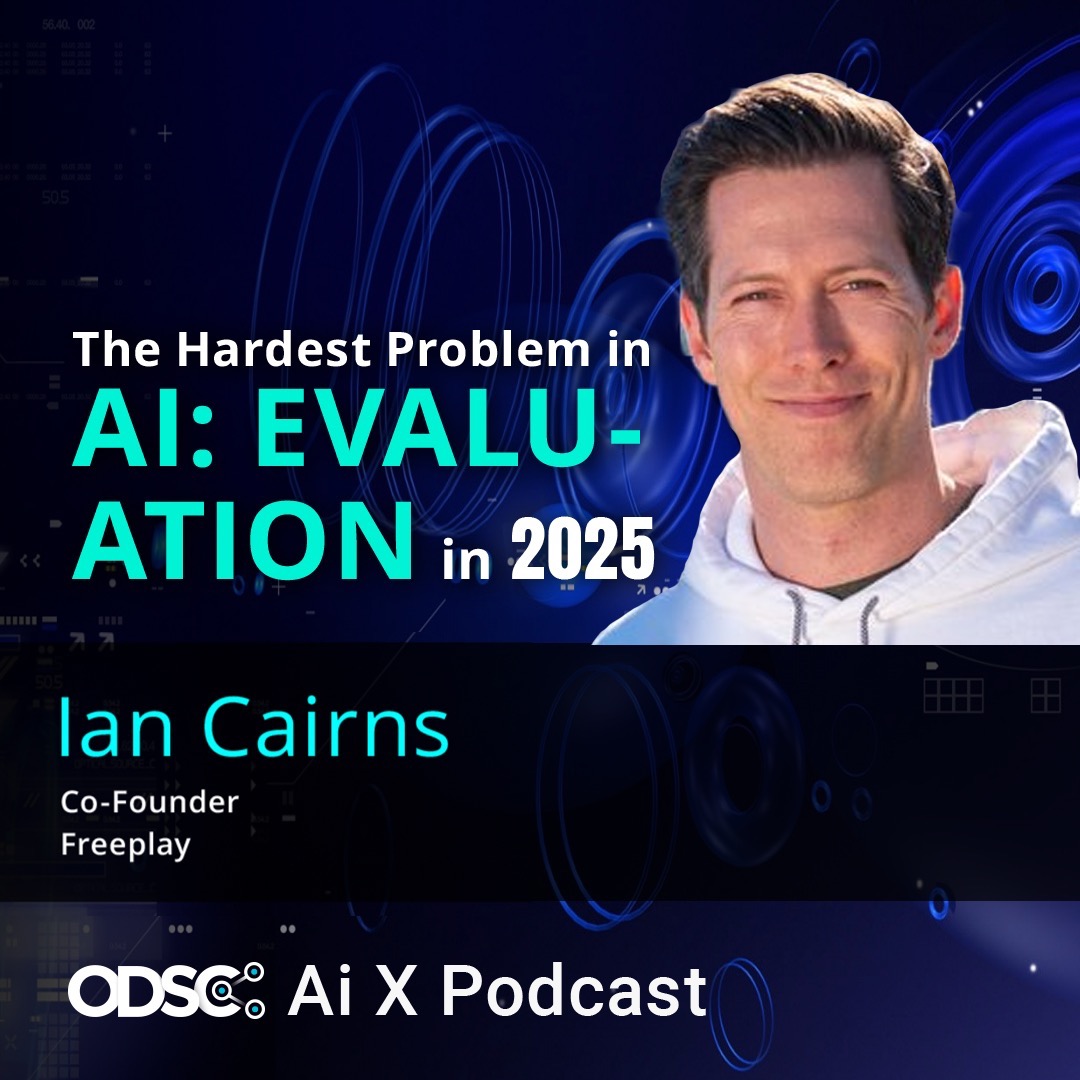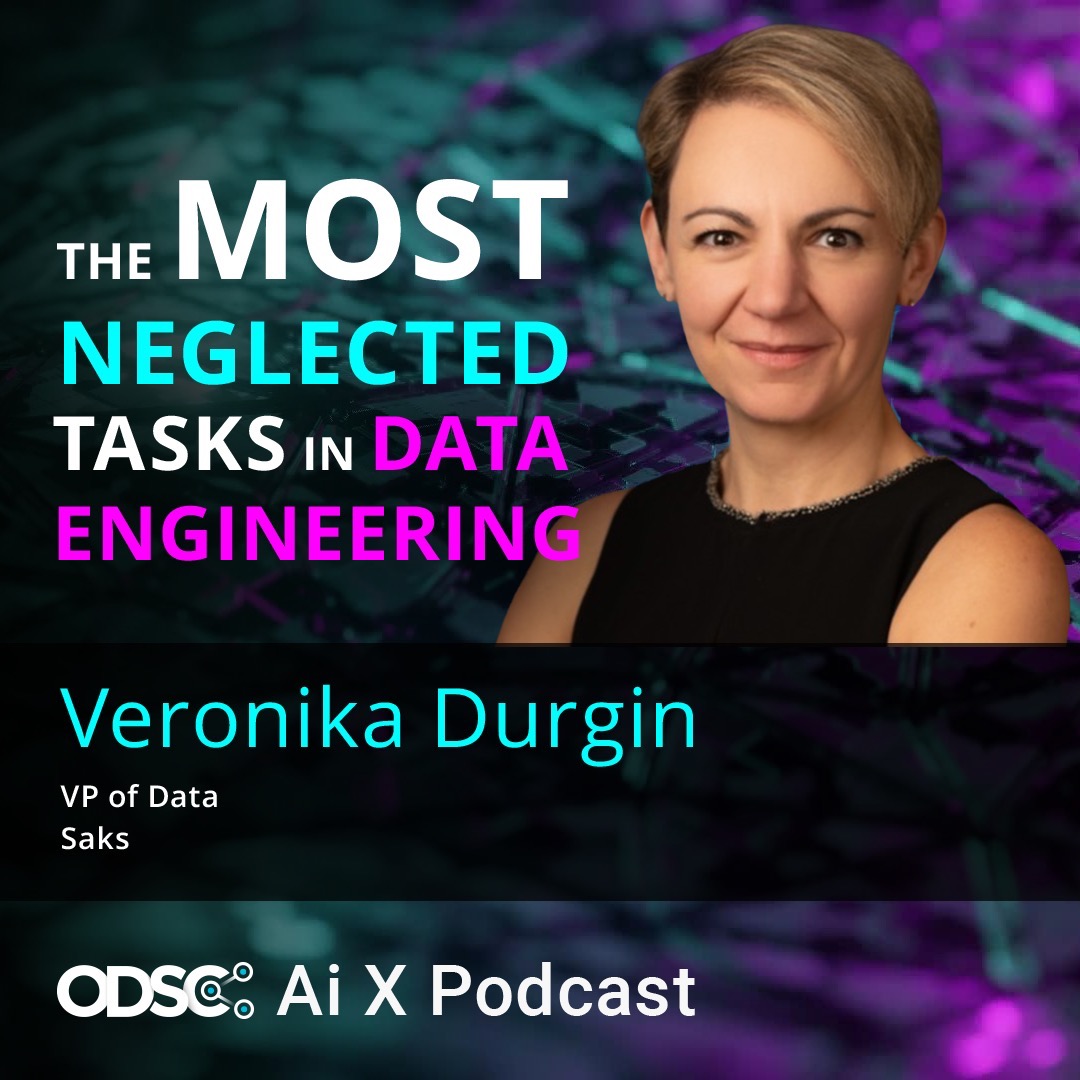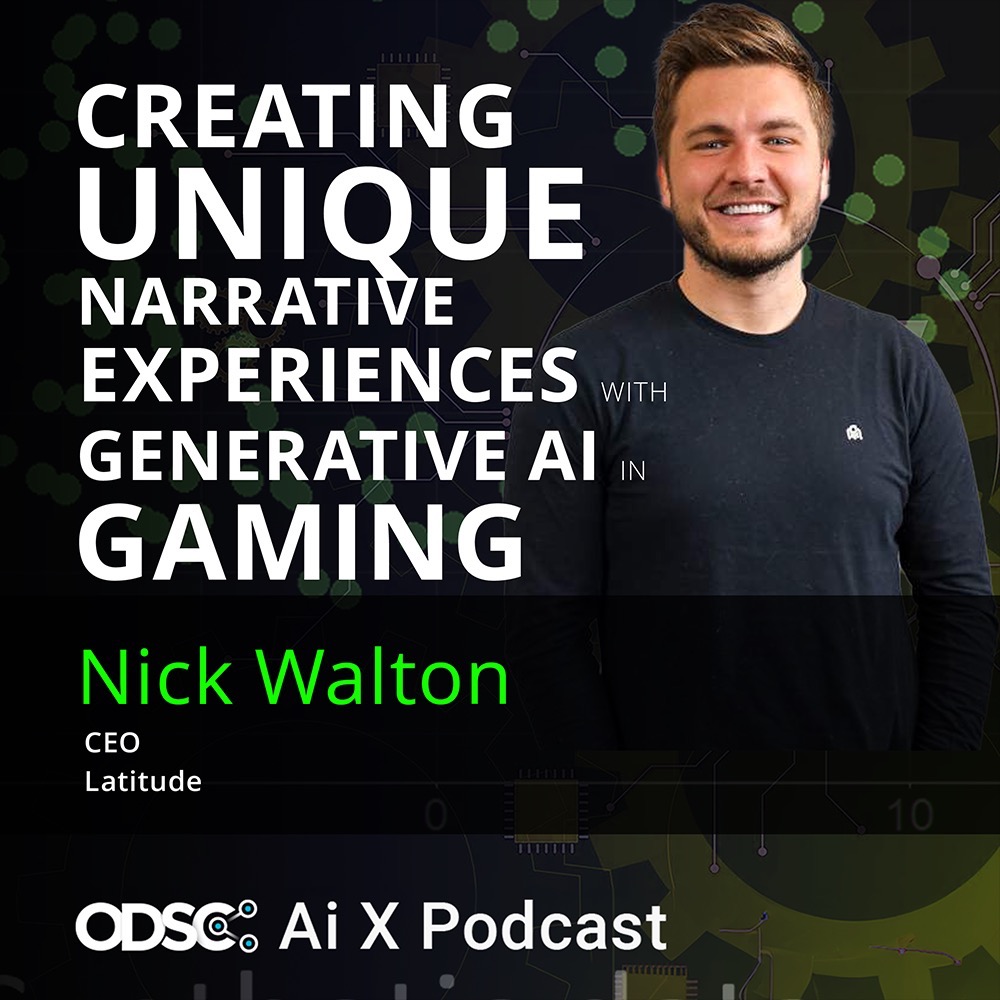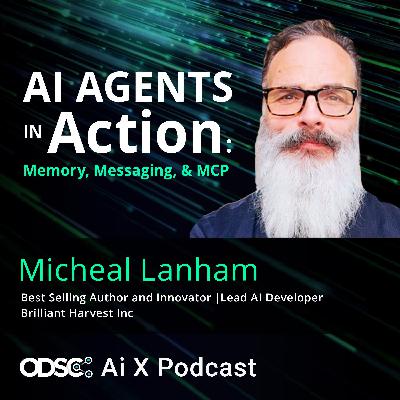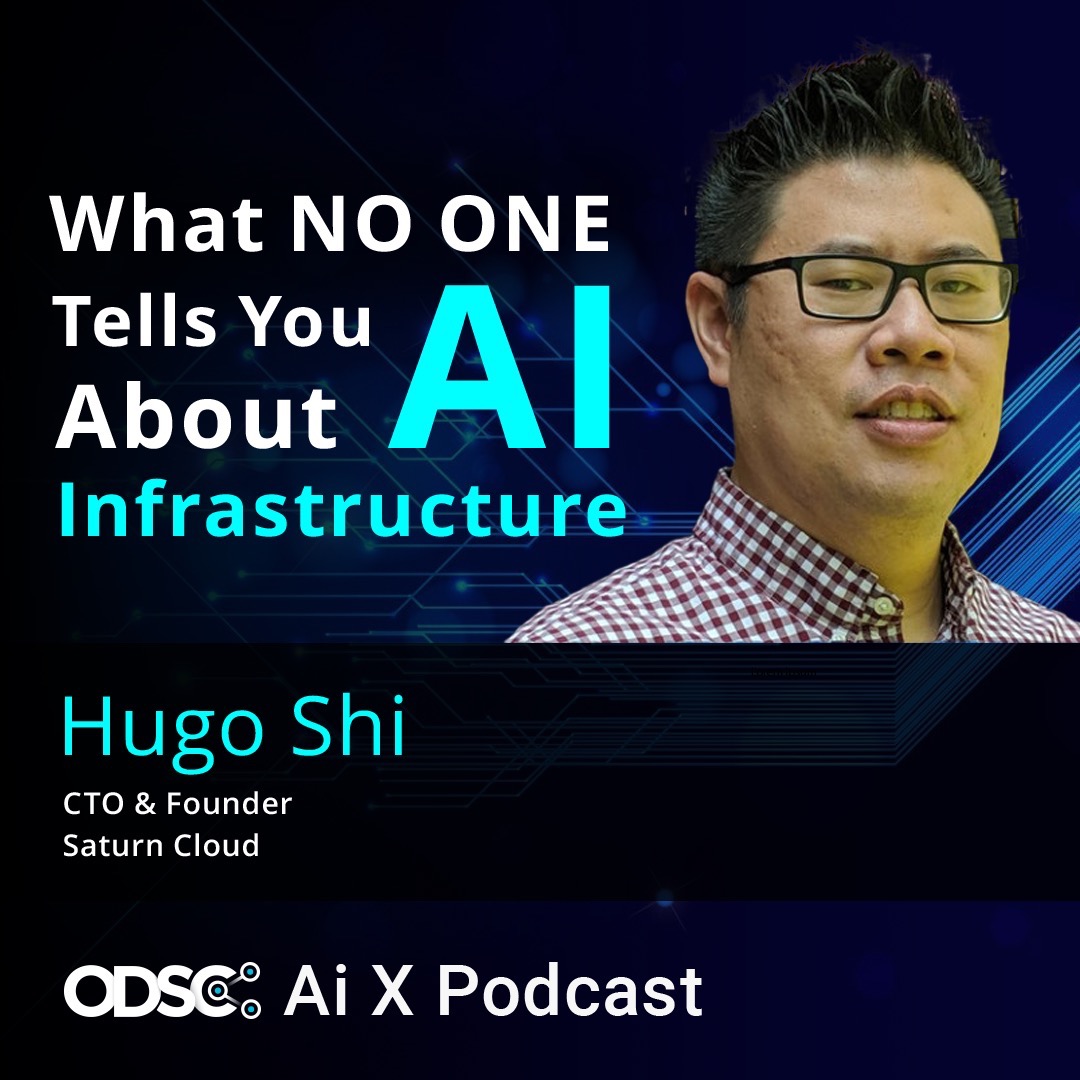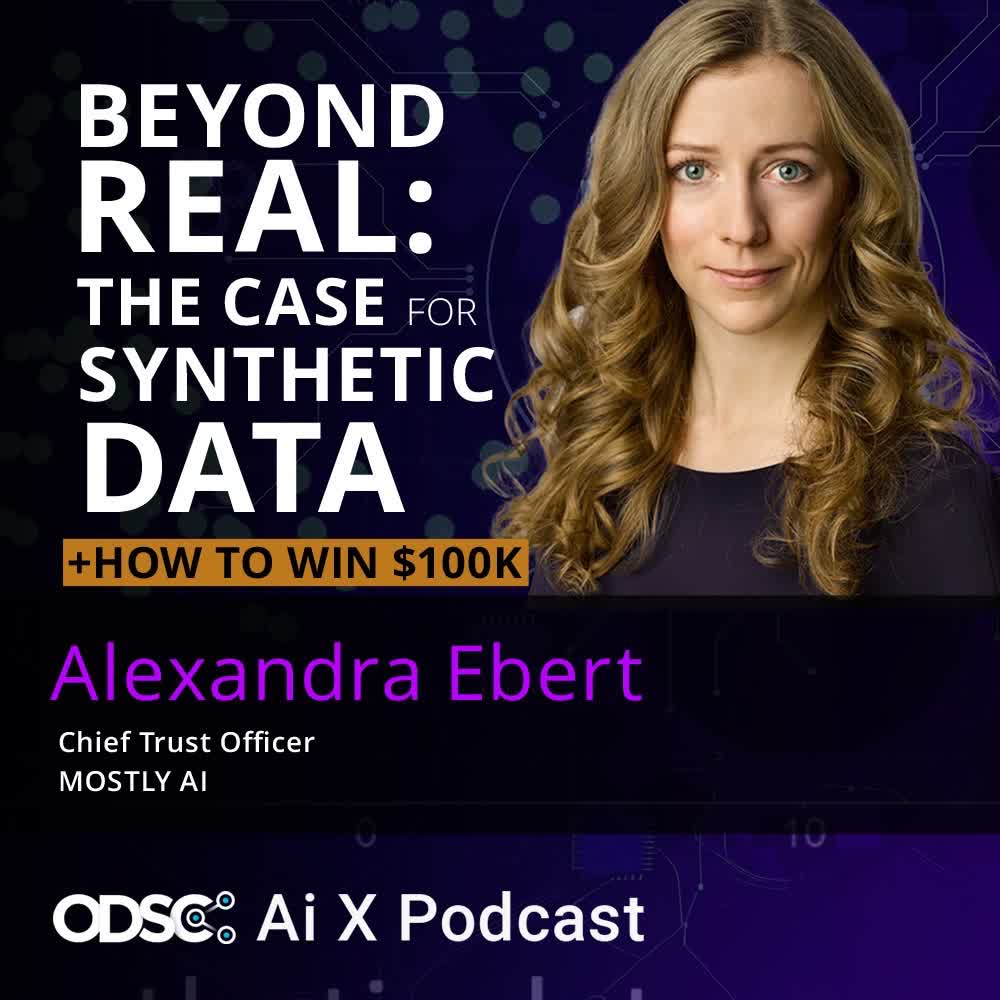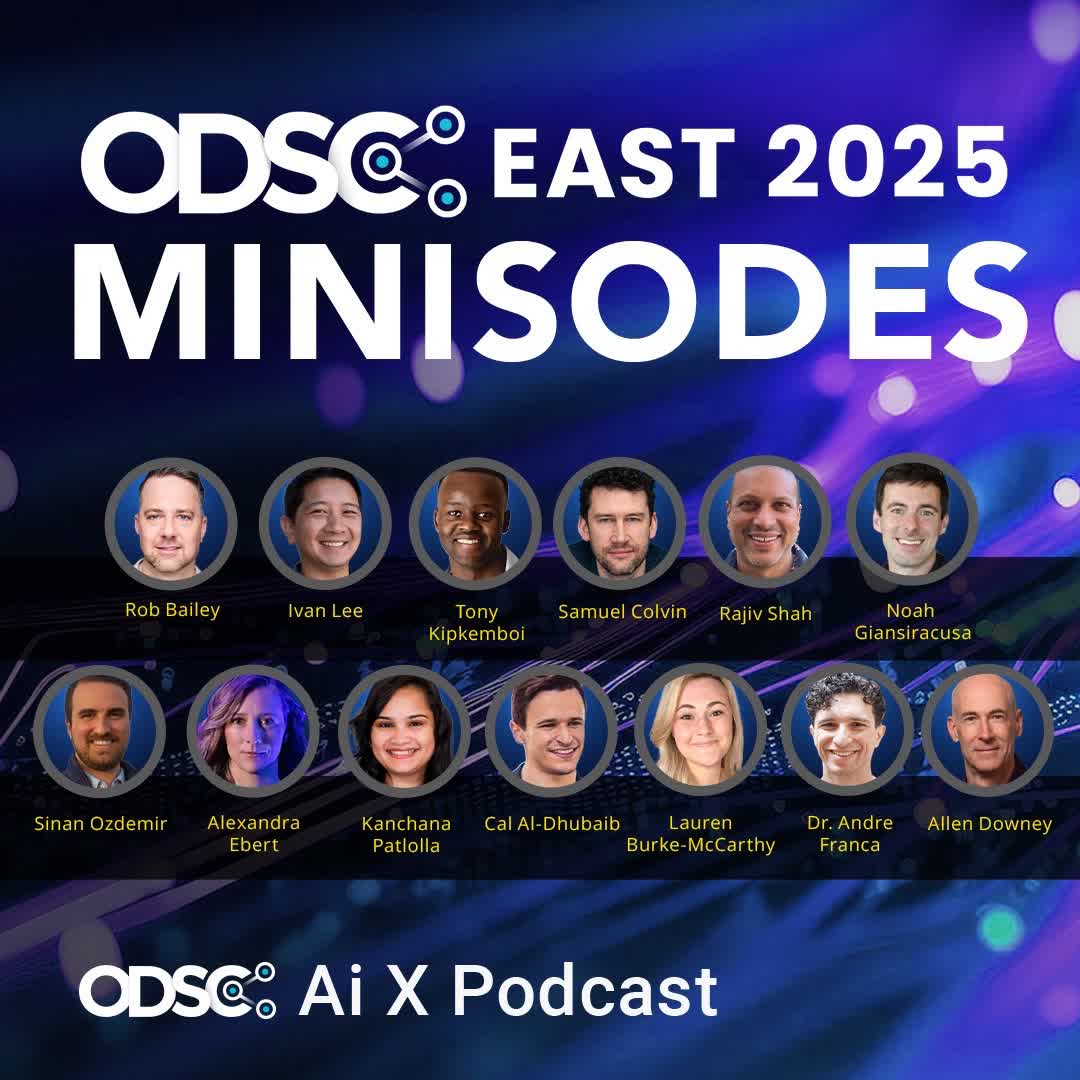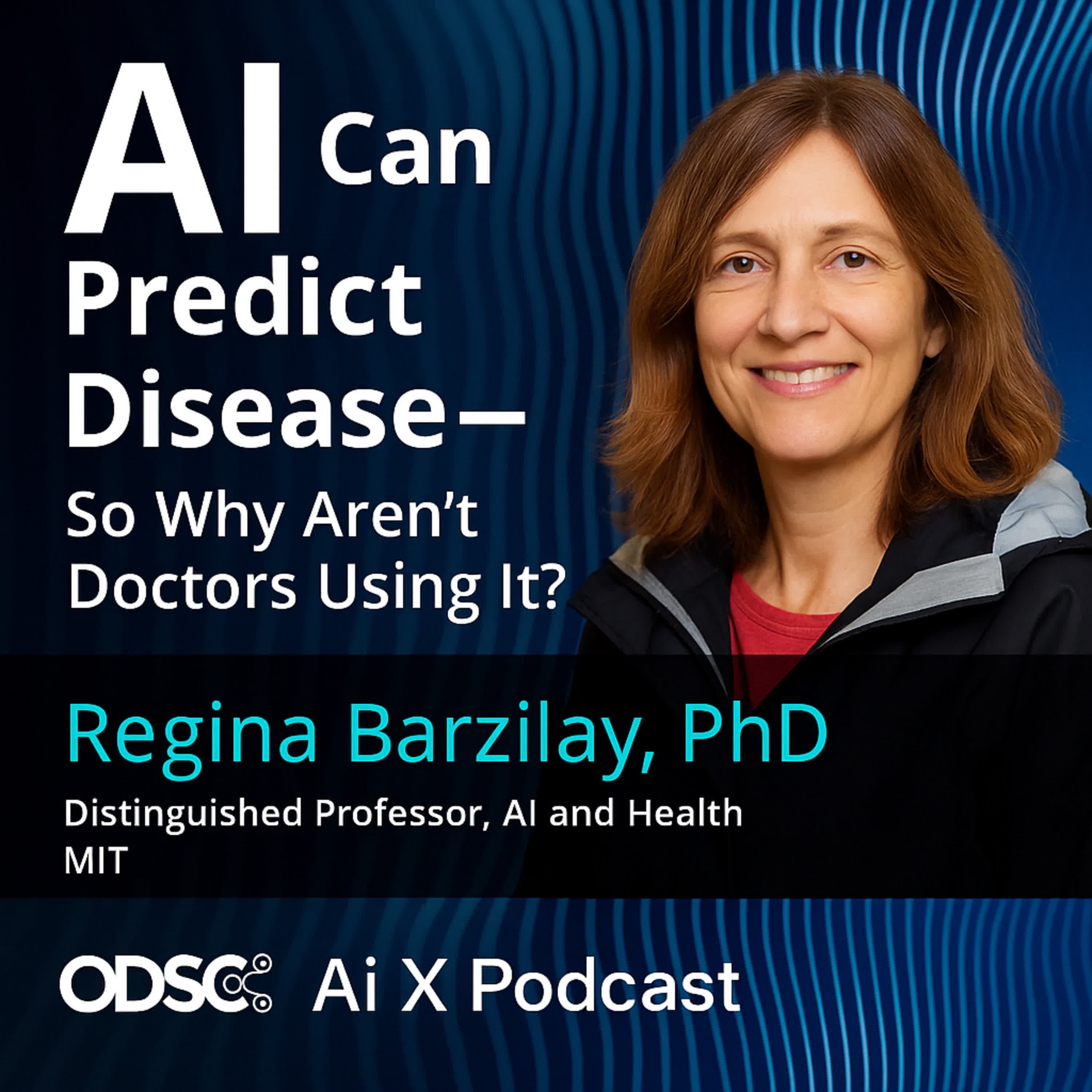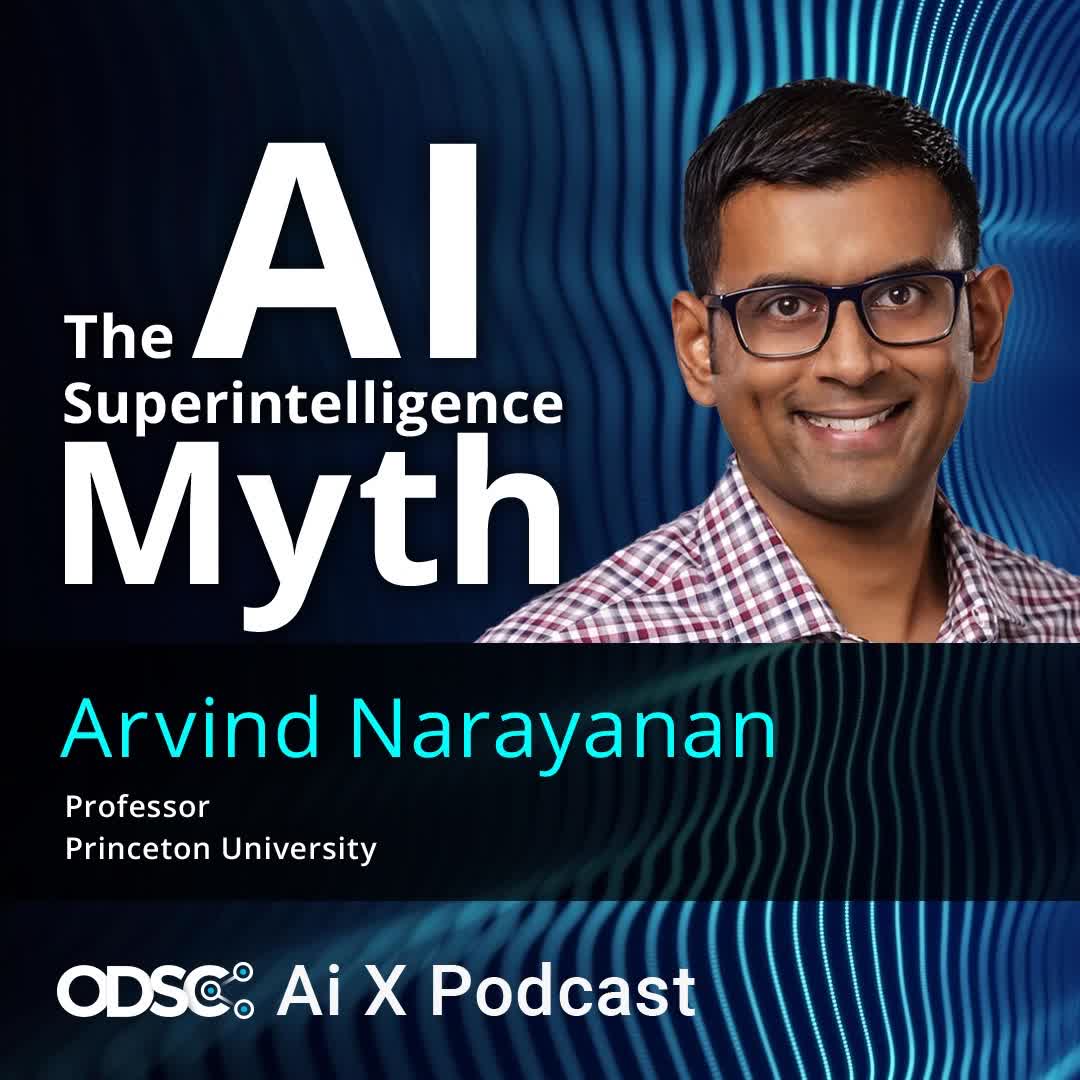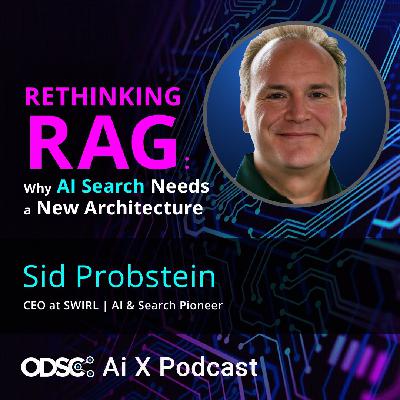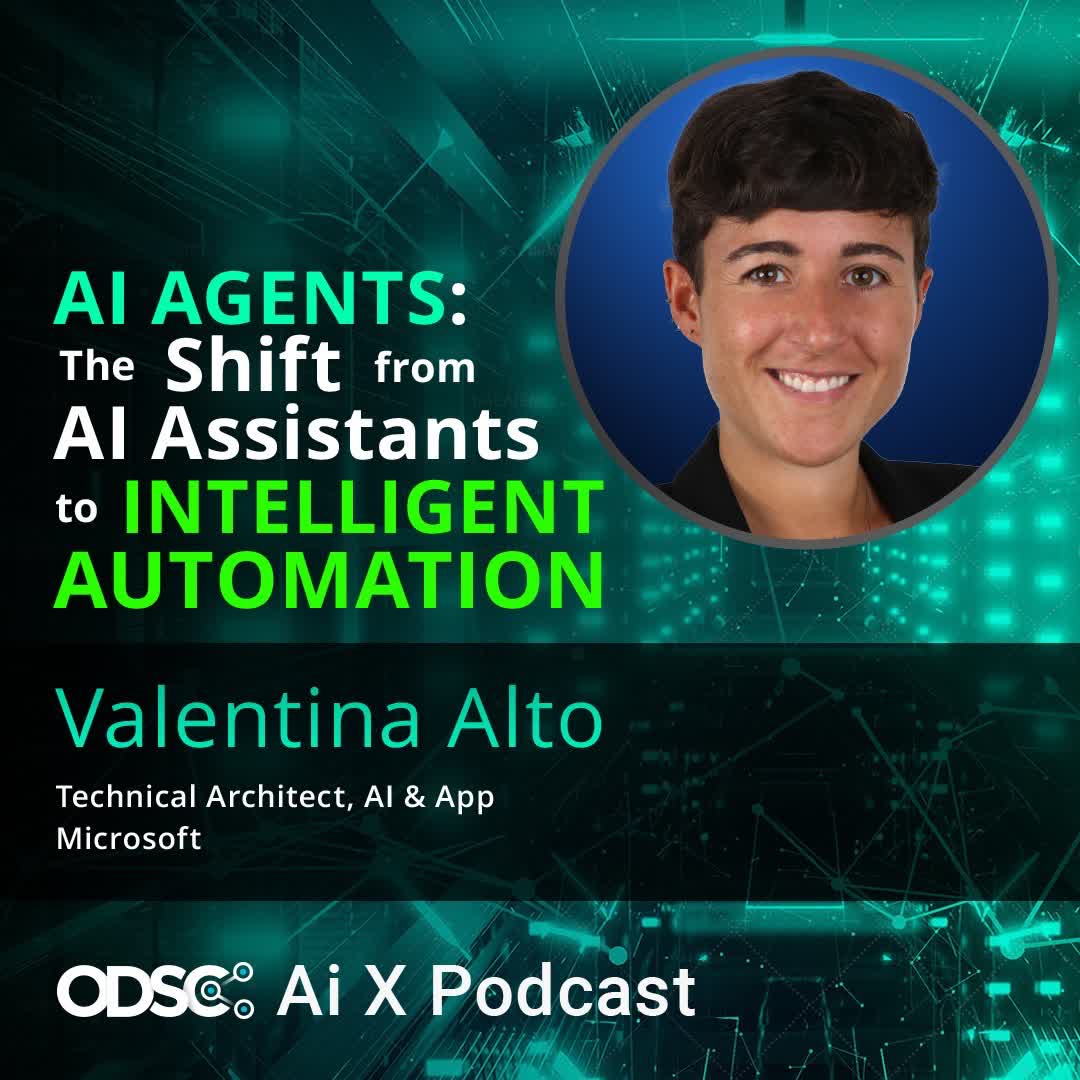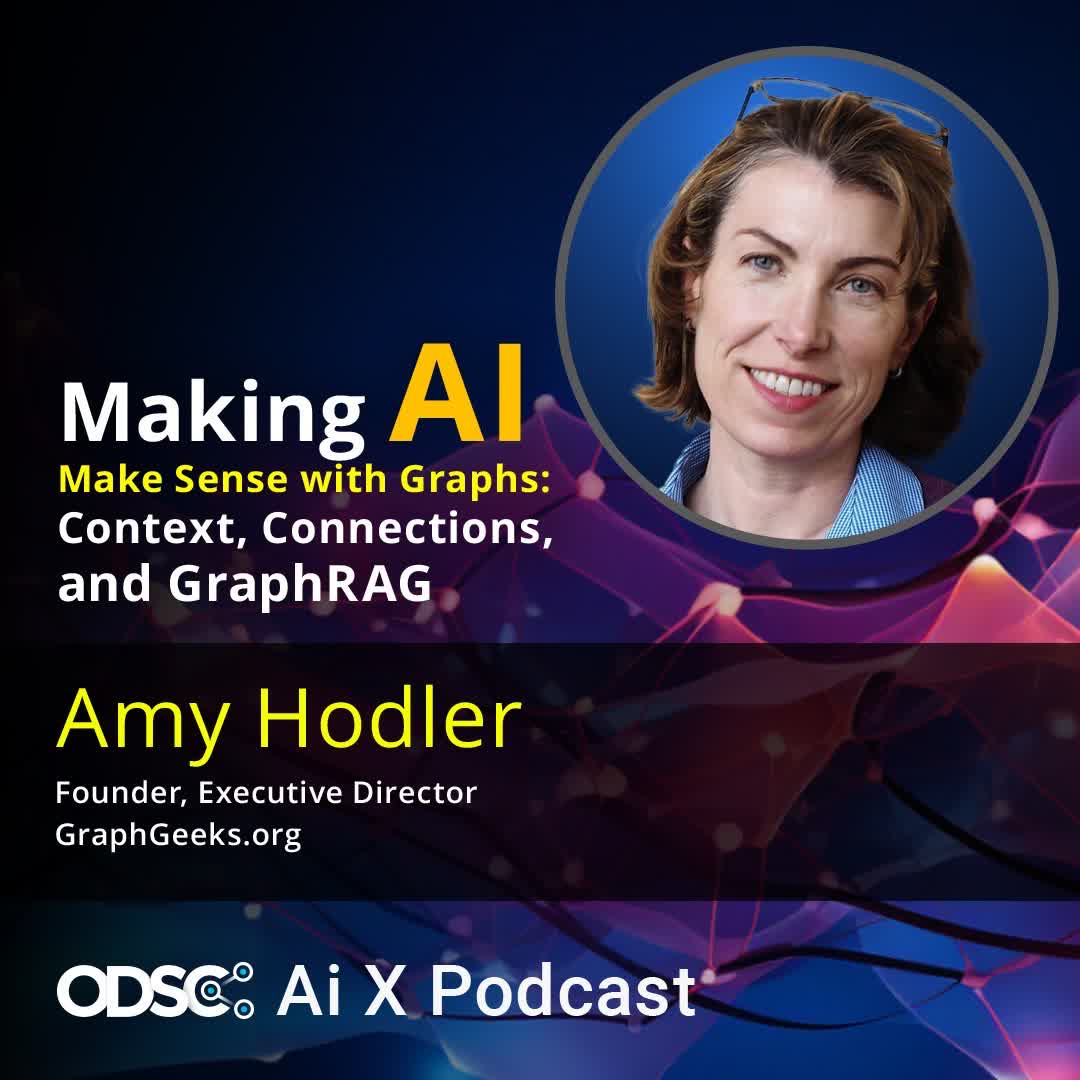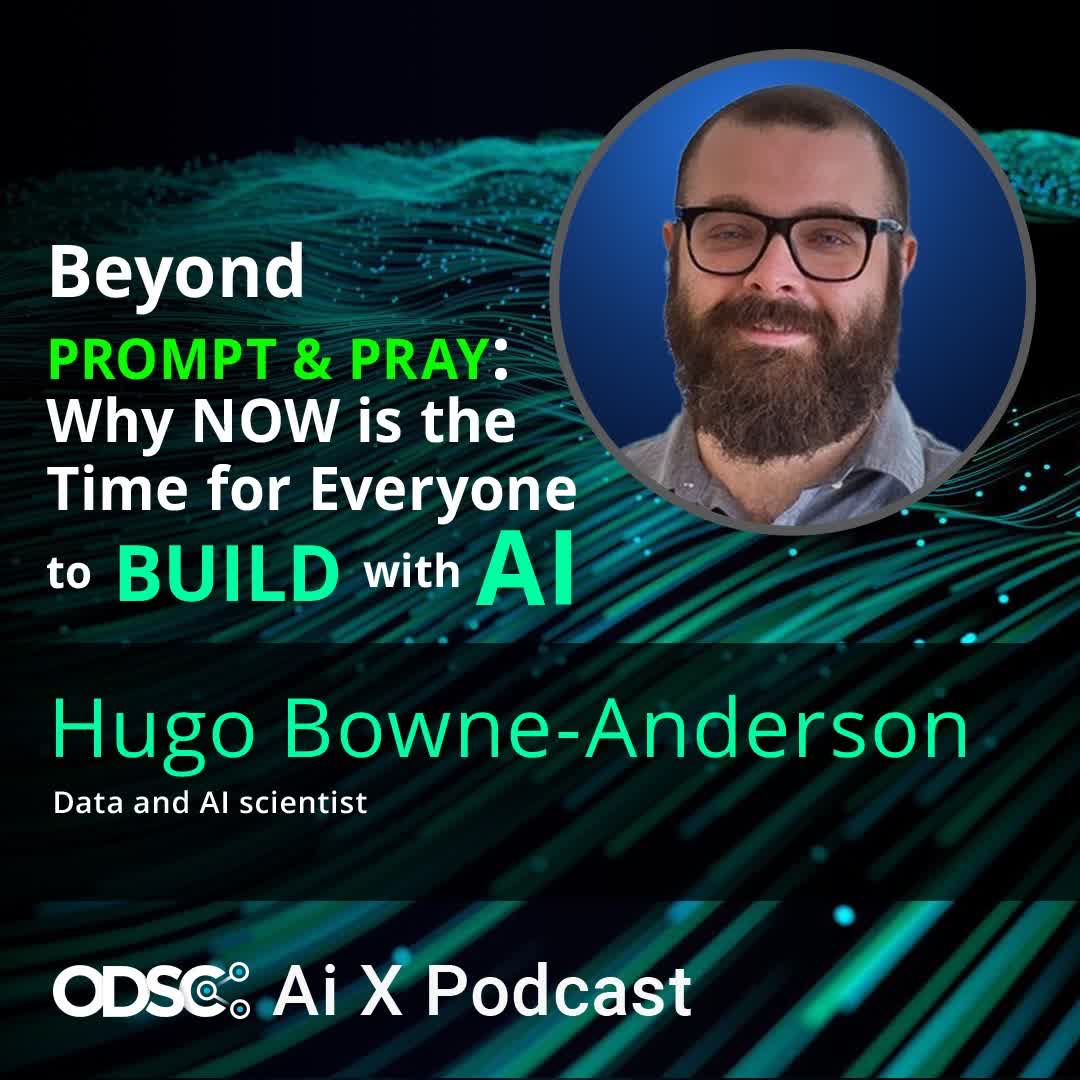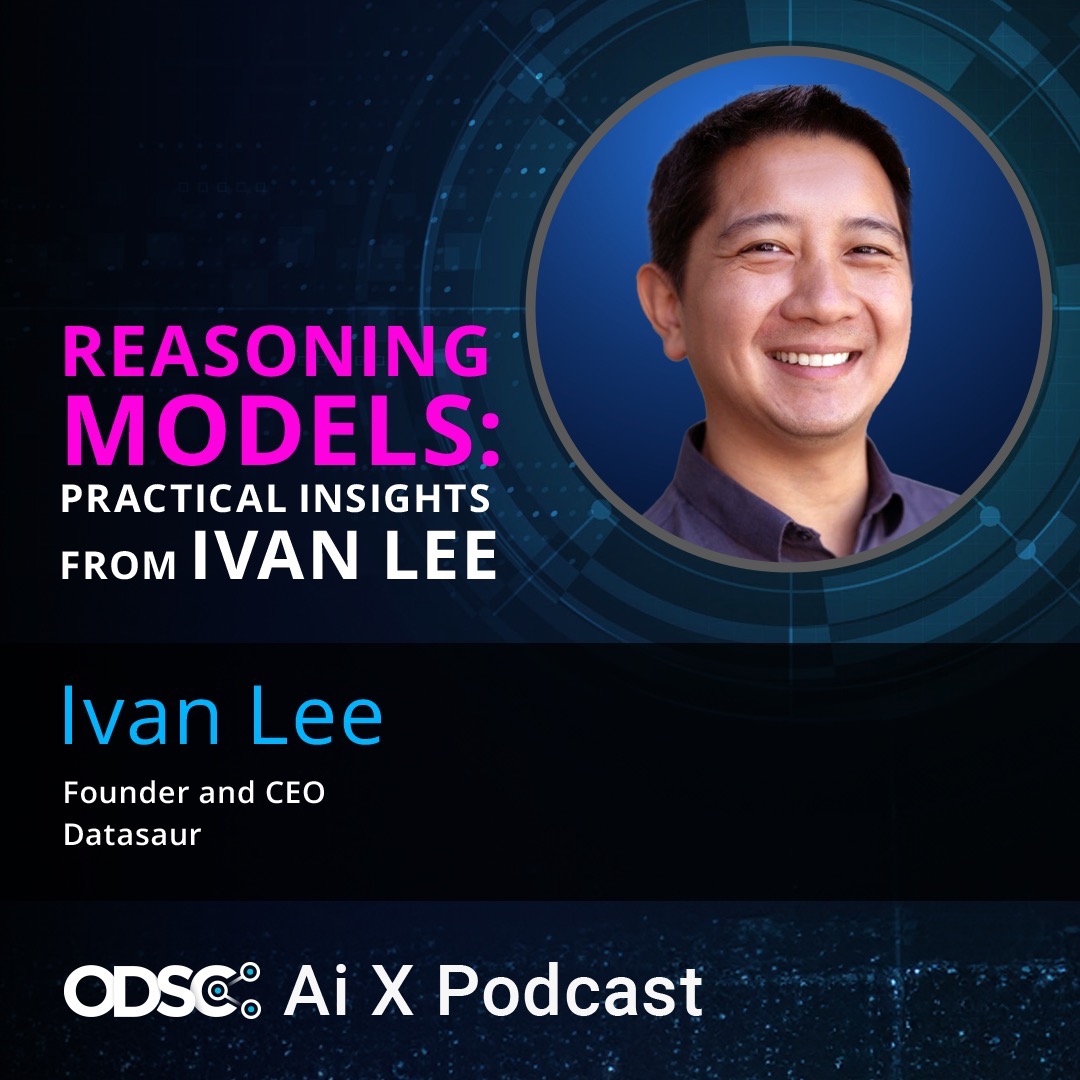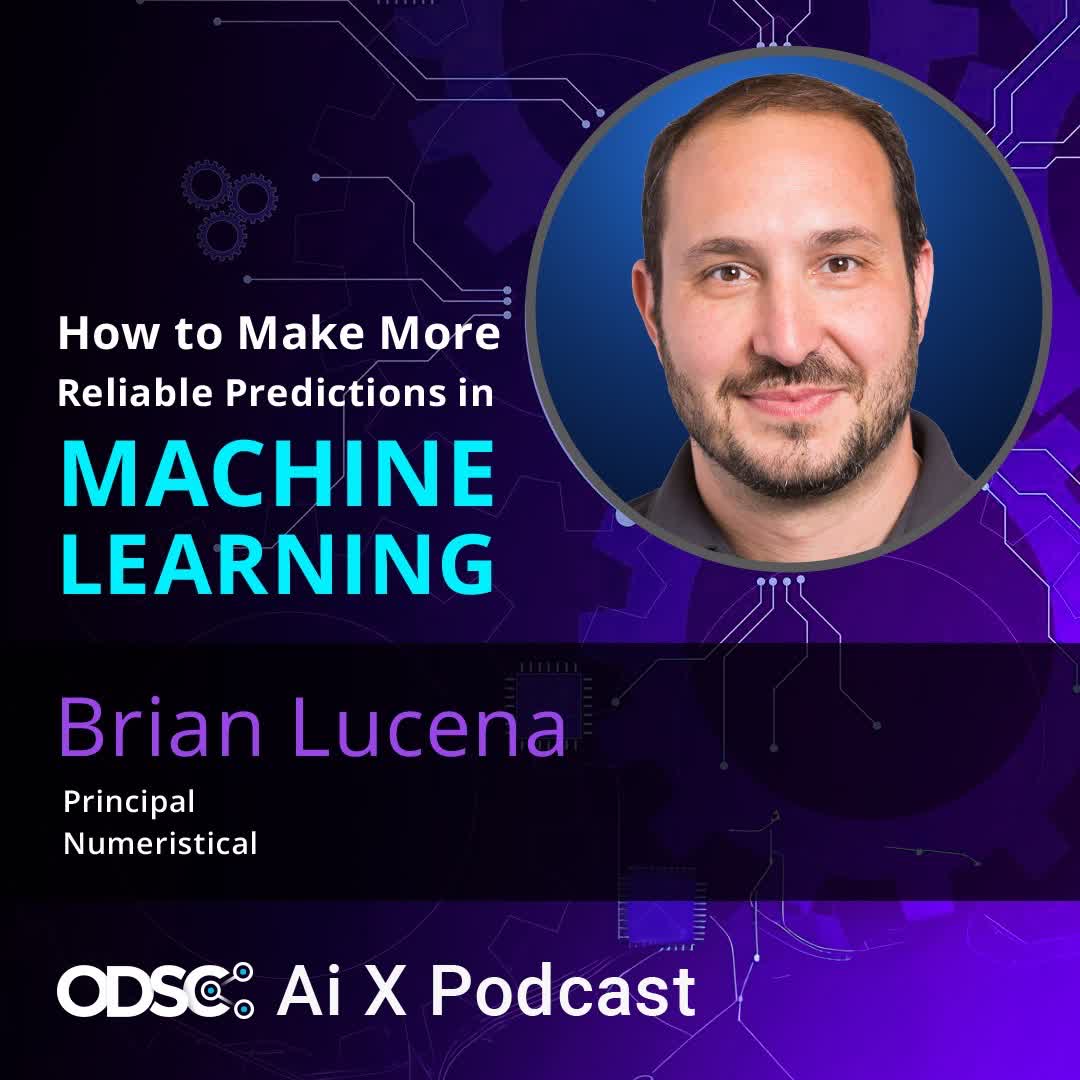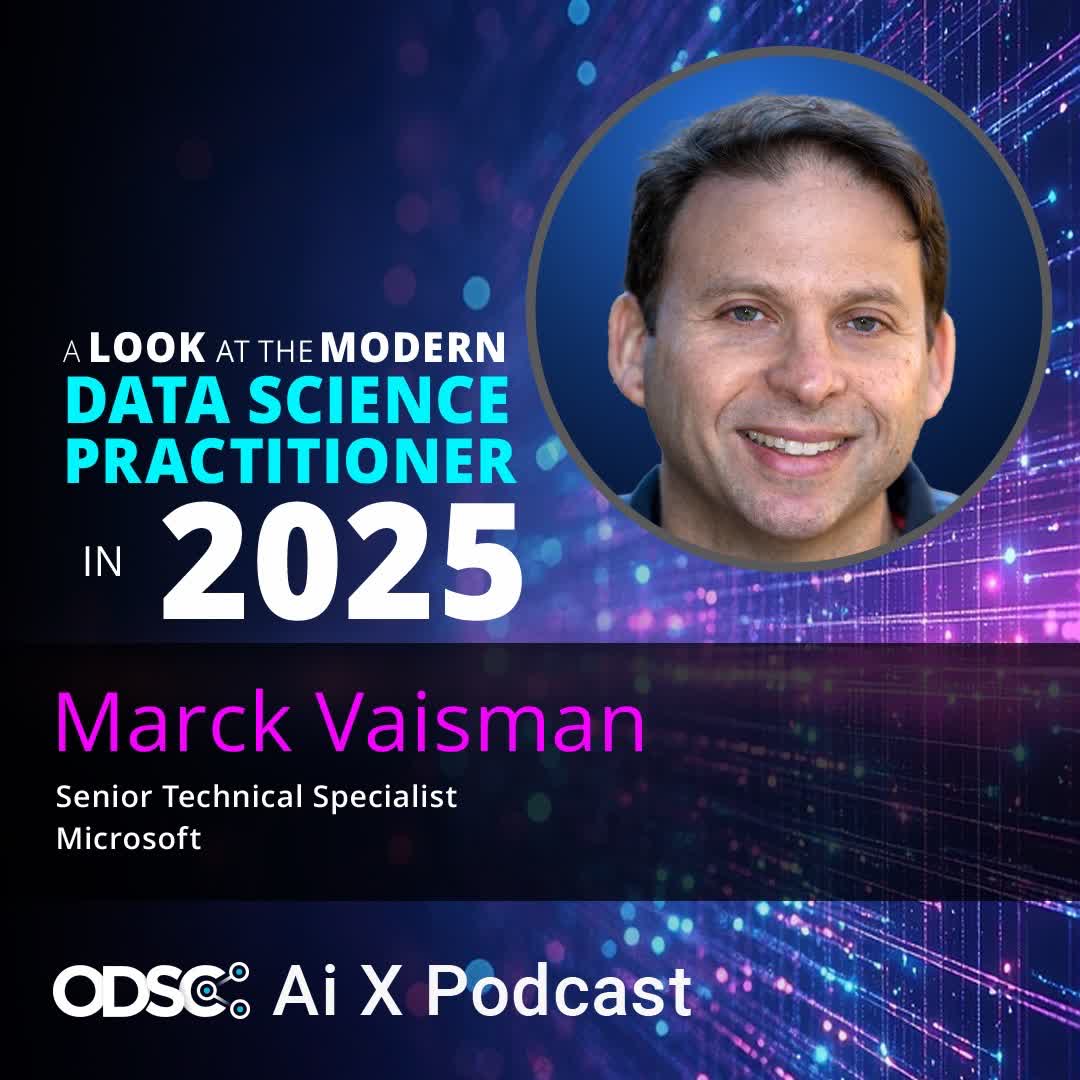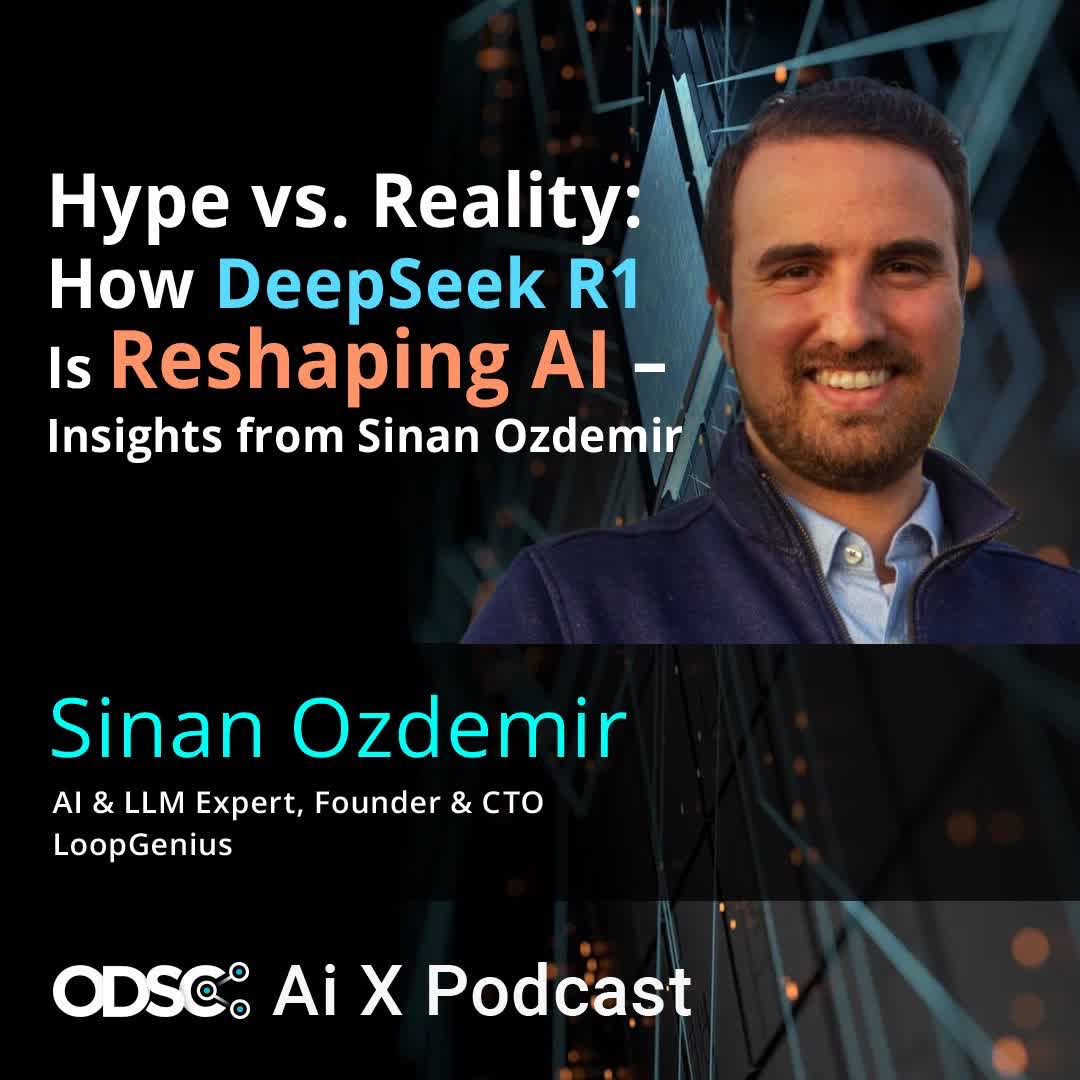Embedding Trustworthy Practices Across the AI Lifecycle with Vrushali Sawant
Description
Vrushali Sawant is a data scientist with SAS's Data Ethics Practice (DEP), steering the practical implementation of fairness and trustworthy principles into the SAS platform. She regularly writes and speaks about practical strategies for implementing trustworthy AI systems on sas.com and external platforms. With a background in technology consulting, data management, and data visualization, she has been helping customers make data-driven decisions for a decade.
In this episode of ODSC’s Ai X Podcast, we speak with SAS’s Vrushali Sawant about trustworthy AI, including an overview of what it is, what a career path in trustworthy AI looks like, how data scientists can implement trustworthy AI, and what’s already being done to promote ethical AI.
Questions:
1. What is the career path of a data scientist specializing in AI ethics?
2. What exactly is trustworthy AI, and why is it crucial?
3. How can we build AI systems that reflect societal values and avoid unintended bias?
4. What practical steps can data scientists take to ensure data privacy, security, and fairness throughout the AI lifecycle?
5. How can we develop models that are not only accurate but also interpretable and explainable?
6. What are some unintended harms at massive scale and real-world examples of unintended harms caused by AI?
7. What is the AI incidents database?
8. What is the significance of data management in building trustworthy AI systems?
9. What’s an example of bias and practical way to identify and mitigate potential biases in datasets?
10. How can training data imbalances affect the fairness of AI models?
11. What are the three stages of bias mitigation?
12. What is the importance of asking the right questions at the beginning of the AI lifecycle?
13. Beyond fairness metrics, what methods and can developers use to ensure fairness, model transparency, and explainability?
14. Why is accountability such a critical aspect for building trust in AI systems
15. What are accountability and feedback mechanisms?
16. What are some ethical concerns associated with using synthetic data in various industries?
17. What are key ethical guidelines that developers and organizations should follow when implementing AI solutions?
18. What strategies can organizations implement to build a culture of responsible AI?
19. What are the biggest hurdles in achieving trustworthy AI in practice?
20. Let’s review your ODSC talk, "From Code to Trust."
Learn more about Vrushali and her work:
- Her blog and articles: https://blogs.sas.com/content/author/vrushalisawant/
- Follow her posts on LinkedIn: https://www.linkedin.com/in/vrushalipsawant/
- SAS blogs: https://blogs.sas.com/content/
- SAS Viya: https://www.sas.com/en_us/software/viya.html
- Learn more about the harms and near harms caused by AI on the AI incident database and how we can use the lessons learned to prevent future bad outcomes: https://incidentdatabase.ai/
This episode was sponsored by:
Ai+ Training https://aiplus.training/
Home to hundreds of hours of on-demand, self-paced AI training, ODSC interviews, free webinars, and certifications in in-demand skills like LLMs and Prompt Engineering
And created in partnership with ODSC https://odsc.com/
The Leading AI Training Conference, featuring expert-led, hands-on workshops, training sessions, and talks on cutting-edge AI topics and
Never miss an episode, subscribe now!


